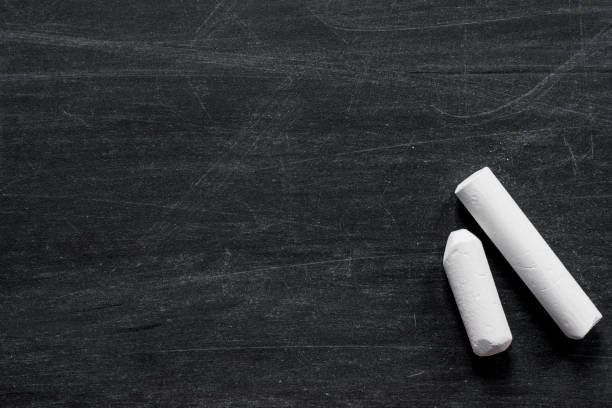Pica
blackboard, Chalk – Art Equipment, Textured, Blank
July 9, 2022
Pica is an eating disorder characterized by a tendency to eat substances that provide nutritional value such as soil, chalk, hair, etc. Pica is quite common with more than 200,000 cases per year in the United States. Pica is most common in pregnant women, small children, and those with developmental disabilities such as autism. Anybody of any gender can have pica. The disorder is often seen in kids living in poverty or in those who have been abused or neglected. As the person ages, they choose to eat non-food items that are connected to their childhood and their childhood home. Experts theorize that this type of pica may be caused by childhood trauma. Pica cannot be attributed to a single definitive cause. Mental conditions such as Obsessive-Compulsive Disorder, Schizophrenia, and other psychotic disorders can cause Pica. Individuals with mineral deficiencies may also struggle with this. There is much to learn about this type of eating disorder and how it develops.
Nausea, vomiting, abdominal pain, low nutrition, fatigue, and bloating are all the main effects this disorder can cause. Pica does get less intense as a person ages, but this is not always the case. The way to prevent Pica is completely dependent on the individual with the disorder. Therapy and medication can help someone with their cravings, but sometimes a person may have to compensate with a more nutritious diet. Pica may act up when the person struggling with it gets stressed, bored, or wants to feel full. A study from the Healthcare Cost and Utilization Project (HCUP) Statistical Briefs found that hospitalizations for Pica increased by 93 percent between 1999 and 2009.
How could you, or someone you know, handle Pica? Doctors say many people will avoid getting diagnosed out of embarrassment. If a person were to get a proper diagnosis and have tests done, a professional can help them see it through. Pica causes cravings that may never go away, but there are experts who can help.



